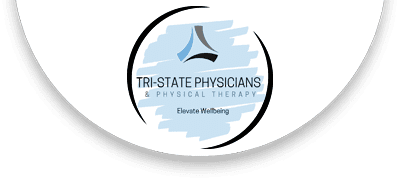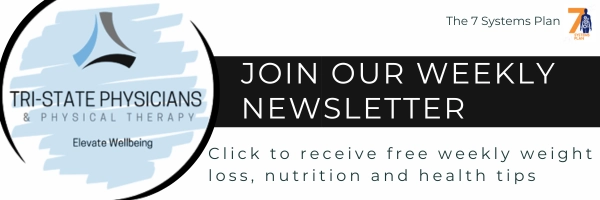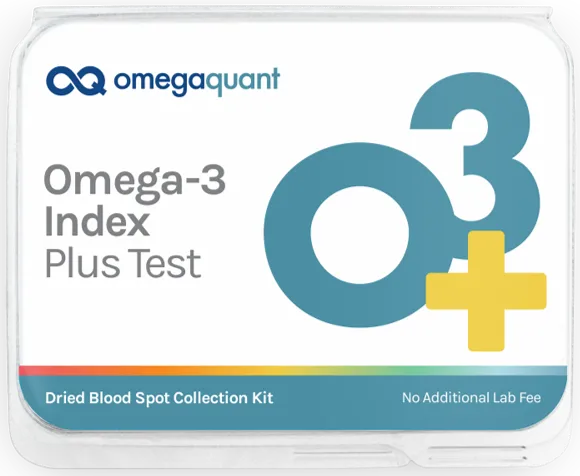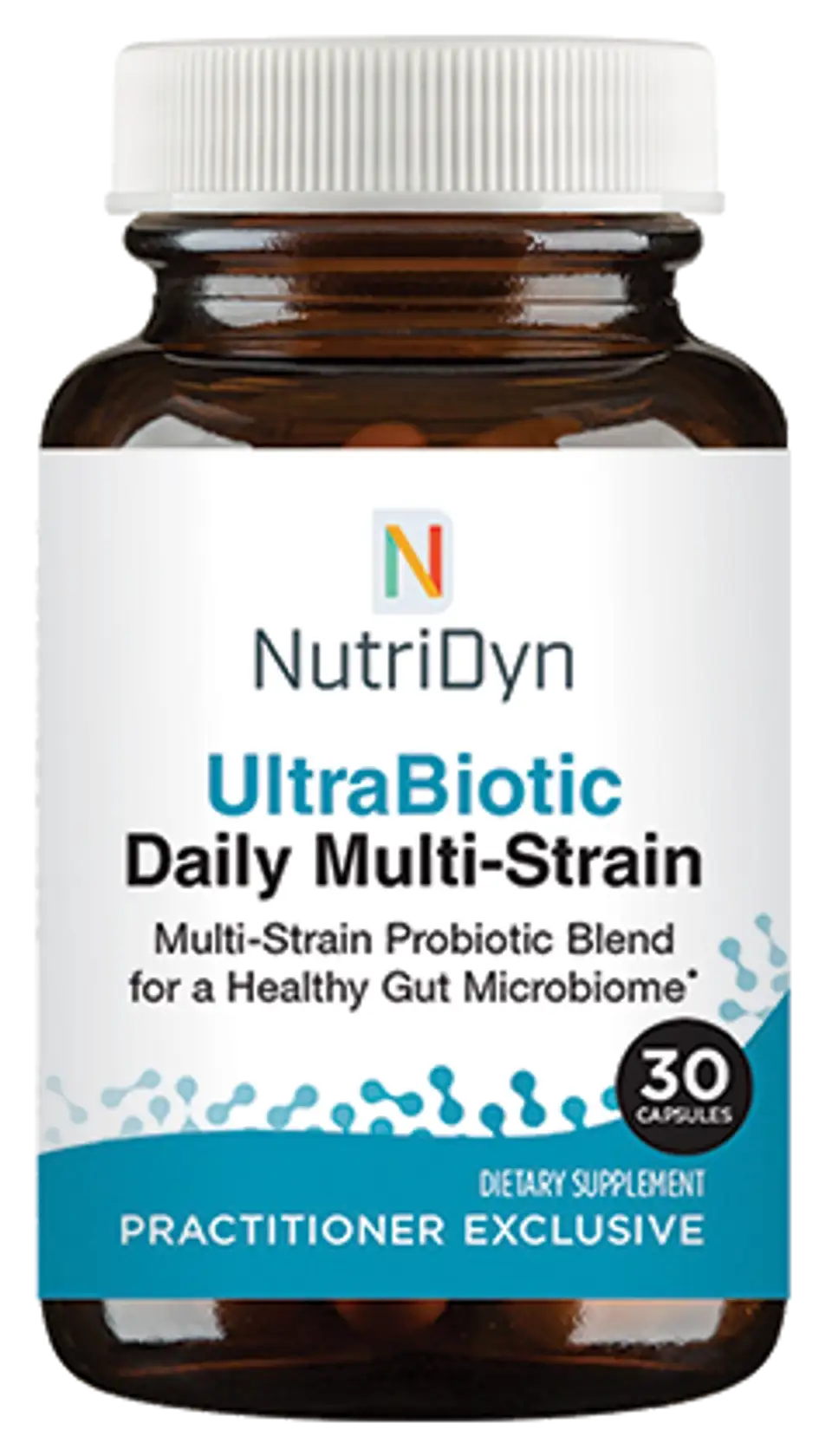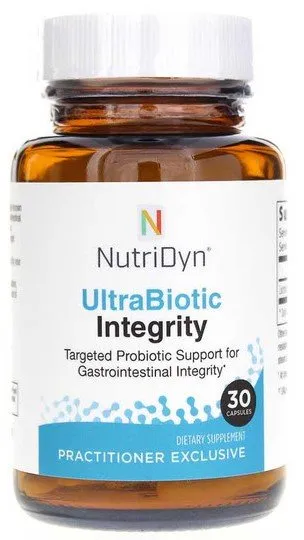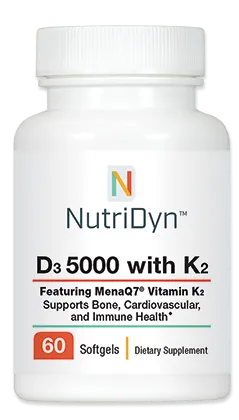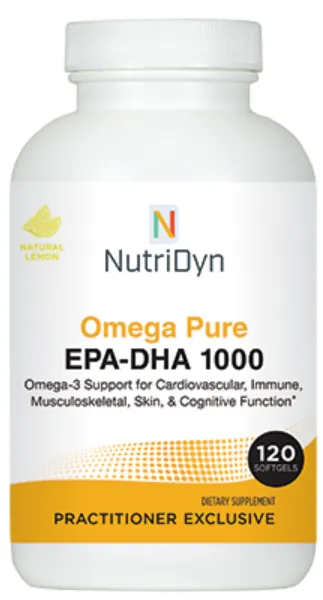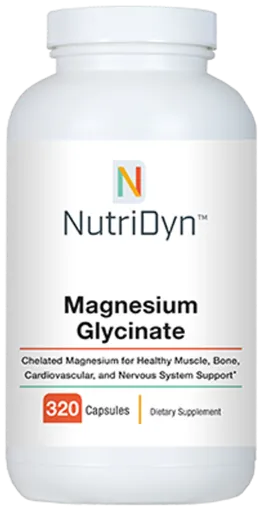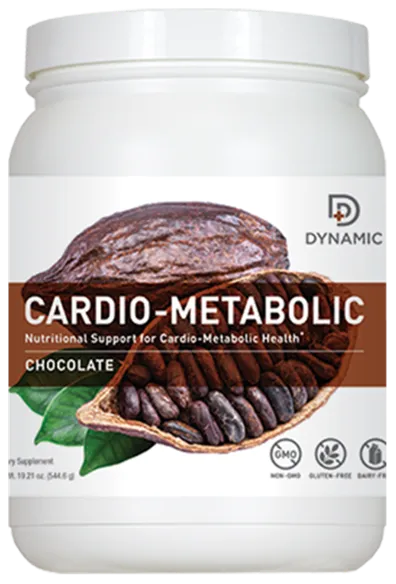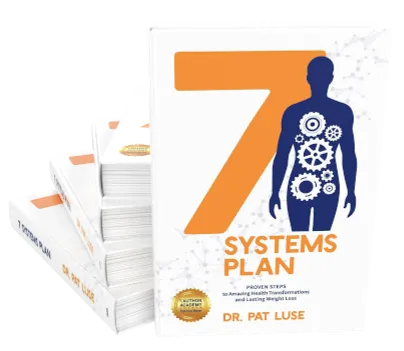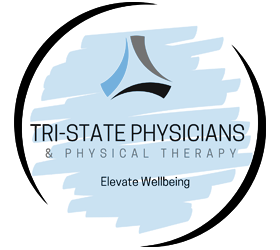Do You Have Sticky Arteries in South Sioux City NE?
Causes, Symptoms, and Solutions.
Arteries are major blood vessels that carry oxygen-rich blood and nutrients to the cells in the body to help it thrive. Healthy arteries in South Sioux City NE have smooth, slick inner walls, allowing continuous blood flow.
Some of these blood vessels are so small the red blood cells must line up in a single file to go through, making it critical that they are uniform and slippery. They also need to be flexible and change in size each time the heart beats to improve circulation and lessen the work of constant pumping.
If you have a poor diet, obesity, or inflammation (as many do), your arteries and low-density lipoprotein (LDL) cholesterol can get coated in “molecular velcro,” making it stick to the artery wall, forming fatty streaks. These irregularities become plaque, clogging the arteries and increasing the risk of heart attack, stroke, and even death. Atherosclerosis is the term used to describe this progression.
There Is Hope in South Sioux City NE!
Rhonda was obese, had a cholesterol level of 290 mg/dL, inflammation, fatty liver, and other health issues. The 7 Systems Plan helped her resolve all these and lower her cholesterol by 100 mg/dL in six months.


7 Signs You Have Sticky Arteries
- High LDL cholesterol
- Inflammation anywhere in your body
- Excess weight, especially in the belly
- Low high-density lipoprotein (HDL) cholesterol
- Triglycerides greater than 100 mg/dL
- Eating the SAD (Standard American Diet)
- High blood pressure (BP) or use of BP medications
Hypertension
While many things can contribute to the development of hypertension, arterial disease is at the top of the list.
As atherosclerosis develops, arteries become stiff. Think of an old garden hose that is hard and has lost its flexibility. This rigidity forces the heart to pump harder to move blood through the body, increasing blood pressure.
Hypertension has many serious complications.
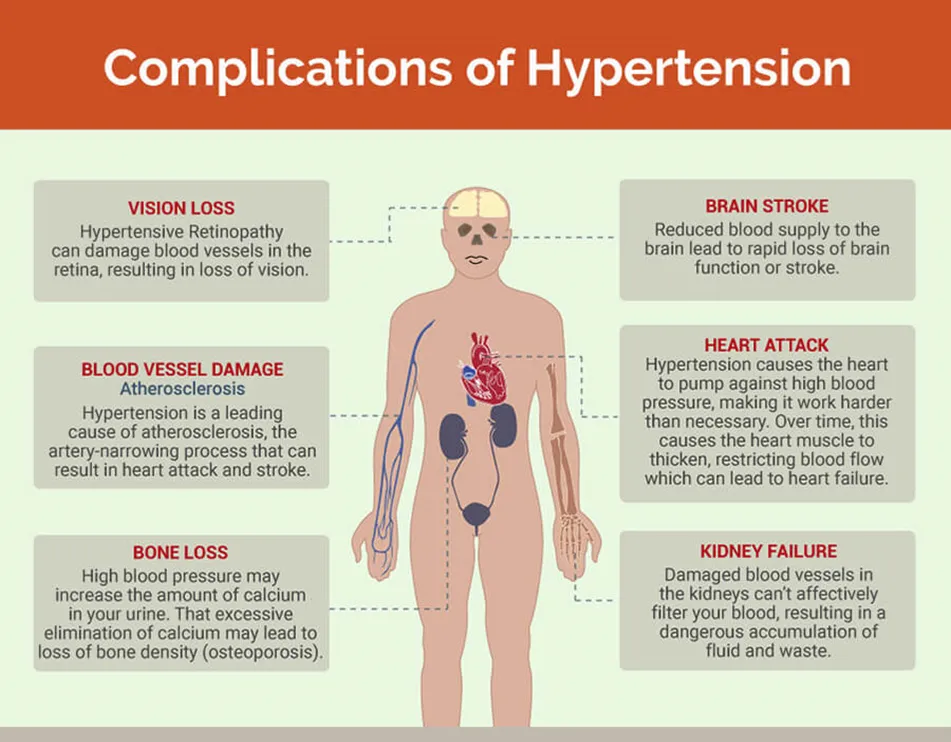
If you have hypertension, work to reverse this condition and get your arteries healthy again. Many who have followed the 7 Systems Plan have had their doctor take them off blood pressure medications. Blood pressure medications are indicated to treat high blood pressure, but as with all drugs, they create side effects.
Some common side effects of high blood pressure medicines include:
- Cough
- Diarrhea or constipation
- Dizziness or lightheadedness
- Erection problems
- Nervousness
- Feeling tired, weak, drowsy, or unenergetic
- Headache
- Nausea or vomiting
In this article, you will learn:
- 7 major causes of sticky, blocked arteries (#7 is critical)
- Important lab work that may determine your risk factors
- Powerful natural support strategies to help improve blood flow and cardiovascular health
Clogged Arteries
The human body has 60,000 miles of blood vessels—more than twice the distance around Earth! These vessels deliver oxygen and nutrients to all the body’s Systems.
Sticky arteries become clogged with cholesterol, cellular waste products, calcium, and fibrin. Vessel walls get thicker, resulting from this build-up, narrowing the artery channels and reducing blood flow. This blockage means oxygen and nutrients cannot effectively travel around the body.
Plaque may develop in various areas of the body. The constriction and obstruction may restrict or completely block the blood flow in small, medium, and large arteries of the heart, brain, legs, arms, kidneys, sexual organs, or pelvis.
Plaque increases the risk of:
- coronary heart disease
- angina (painful feeling of suffocation or pressure)
- carotid artery disease in the neck arteries
- chronic kidney disease
- erectile dysfunction (ED)
- peripheral artery disease (PAD) in the extremities
Years ago, a man in his 60s joined the 7 Systems Plan to lose weight and improve his vascular health. He had PAD in both lower extremities and had just had a $300,000 surgery on his right leg to resolve the problem.
While waiting for the right leg to heal enough to have surgery on the left one, he followed the 7 Systems Plan. He was surprised to learn a few months later that his left leg had improved so much that he no longer needed the surgery!
Plaque may also break off, get carried away by the bloodstream, and get stuck, causing blood clots that may stick to the inner walls of vessels. These obstructions may also reduce or block blood flow, increasing the risk of tissue death, heart attack, or stroke. Clogged arteries may also cause erectile dysfunction or lower back pain.
Clogged arteries are slow and progressive. They may start to develop as early as childhood. In some people, atherosclerosis may advance quickly in their 30s, while in others, it may not become severe and dangerous until their 50s, 60s, or later. This condition happened to Ron, who did not need to lose weight but joined the 7 Systems Plan for serious heart issues. Sadly, he had a heart attack requiring multiple bypasses before he could begin.
He started the 7 Systems Plan and worked to improve his Delivery System as soon as possible. His progress was tremendous! He improved the health of his heart vessels and every vessel in his body. Many years later, he is fit, heart-healthy, and off all medications. He is immensely thankful for the 7 Systems Plan.

7 Major Causes of Clogged Arteries
Much of our society believes that clogged arteries are primarily a genetic issue. Here is how I explain it to my patients. Unwanted genes are like a loaded gun pointed at your head. Having an unhealthy lifestyle is what pulls the trigger. Science has shown that various health, lifestyle, and environmental factors can cause clogged arteries.
Understanding these primary causes is critical to start taking steps to improve your overall health and decrease your chances of health issues. Let’s look at the fundamental origins of clogged arteries.
1. Chronic Inflammation and Obesity
Carrying excess weight isn’t just about squeezing into your favorite jeans; it’s more about the cascade of health issues that can tumble in its wake.
Obesity isn’t a solitary villain. It’s the sneaky mastermind that can drive chronic inflammation. Excess fat tissues act like fuel to the inflammatory fire. The team of chronic inflammation and obesity usually spur plaque formation in arteries.
Heart disease has long been linked to obesity. But why? Obesity can increase blood pressure and cholesterol, major risk factors. But that’s not all. In tandem with chronic inflammation, obesity contributes to a narrowing of arteries, heart attacks, and strokes.
As the American Heart Association outlined, this intricate relationship between chronic inflammation, obesity, and heart disease suggests the need for healthier choices. Be it a balanced diet, regular exercise, or stress management, every step counts.
Acute inflammation and its role in recovery keeps you alive. Chronic inflammation, on the other hand, leads to death. We will discuss chronic inflammation in detail in a future newsletter.
2. Insulin Resistance
Insulin acts like a key that opens the door in a cell to let glucose in to be used as energy. Consuming too many simple carbohydrates prompts the body to produce too much insulin, causing the cells to become resistant, not allowing glucose in. This insulation causes blood sugar to rise and energy to plummet. Insulin resistance affects muscles, fat, liver, and vascular cells.
Research has found that insulin resistance makes blood vessels resistant as well. They are unable to expand, risking chronic inflammation and clogged arteries.
3. Gut Dysbiosis
Arterial and heart disease begins in the gut. Gut dysbiosis means an imbalance in the bacteria in the intestinal tract. There are too many harmful bacteria and not enough beneficial ones.
Dysbiosis increases the probability of obesity, insulin resistance, type 2 diabetes, high blood pressure, high LDL cholesterol, and chronic inflammation. These factors can increase the risk of plaque, clogged arteries, and heart disease.
4. Chronic Stress and Poor Sleep
Chronic stress and poor sleep seem to be epidemic today, leading to many health problems and diminished well-being. During times of stress, the body releases the hormone cortisol. High cortisol levels increase blood pressure, cholesterol, blood sugar, and triglycerides, increasing arterial and heart disease risk.
Chronic stress is a factor in plaque build-up in arterial walls. Poor sleep can multiply white blood cells, which contributes to inflammation in the arteries, triggering arterial disease.
5. Lack of Movement
One cornerstone of maintaining a healthy body is exercise. It goes beyond enhancing physical appearance or improving mood; it’s essential to arterial fitness. When we don’t move, sweat, and breathe hard regularly, we unknowingly set a domino effect into motion that damages blood vessels. As the life-giving highways of the body, arteries carry oxygen-rich blood from the heart to the far reaches of the fingers and toes, keeping us alive and kicking. When these pathways suffer, so do we.
The consequences of blood vessel damage might sound terrifying, but the good news is—it’s reversible. Our bodies are resilient and can heal and bounce back by following the 7 Systems Plan.
Exercise is one of those nurturing factors that help recovery and maintenance of arterial health. However, the key here isn’t just jumping off the couch and running a marathon. The body thrives on consistency and progressive efforts.
So, whether it’s a fifteen-minute brisk walk or a half hour of high-intensity interval training, every bit counts in fortifying the walls of the arterial network. It’s time we switch from a sedentary lifestyle to an active one because our arteries’ health is at the heart of the matter.
6. Low Nitric Oxide
Nitric oxide, a molecule produced naturally by the body, is crucial in maintaining overall wellness. It’s particularly vital in supporting cardiovascular health, primarily through its impact on arterial health. Nitric oxide aids in the relaxation and dilation of blood vessels, promoting efficient blood flow. When nitric oxide levels drop, it impacts blood vessel health, stiffening them and potentially leading to cardiovascular diseases. You can maintain optimal levels through lifestyle and dietary adjustments.
Damage to vessels due to low nitric oxide levels can significantly affect arterial health. Without sufficient nitric oxide, the arteries can become narrow and stiff, obstructing the smooth flow of blood and triggering a host of cardiovascular issues. This deficiency is such an important topic we will devote an entire future newsletter to understanding this molecule.
7. Diets High in Vegetable and Seed Oils – Omega-6
Omega-6 fatty acids can lead to health issues when consumed in excess. Today, it can account for 25% of our calories. An imbalance toward high Omega-6 intake has been linked to inflammation, damaging blood vessels, and precipitating cardiovascular diseases. Consequently, this imbalance can also impact nitric oxide production, which is essential for maintaining vascular health.
It’s crucial to remember that not all Omega-6 fatty acids are villains. Their role in our health principally depends on the balance with Omega-3 fatty acids. This equilibrium is often skewed in the modern diet, leading to an overconsumption of Omega-6 fatty acids and underconsumption of Omega-3s. Maintaining a balance between Omega-6 and Omega-3 intake and other lifestyle modifications can help minimize potential Omega-6 damage to blood vessels. We can pave the way towards better arterial and overall health with the right balance and conscious choices.
Helpful Lab tests for Arteries
Lab tests can help determine your risk for arterial disease. Here are the most valid tests I recommend:
Blood Sugar
- HbA1C: The ideal number is between 4 and 5.2%. 5.3-5.6% is moderately high. Between 5.7 and 6.4 means that you have prediabetes and a high risk of developing diabetes, and over 6.4 means diabetes.
- Fasting Glucose: Optimal levels are under 90 mg/dL. Less than 100 mg/dL (5.6 mmol/L) is considered normal. 100 to 125 mg/dL (5.6 to 6.9 mmol/L) is considered prediabetes. 126 mg/dL (7 mmol/L) or higher on two separate tests means you have diabetes.
- Fasting Insulin: Optimal fasting insulin levels are 2-5 uIu/mL. Between 6-9 uIu/mL is early insulin resistance, and anything over 10 uIu/mL is insulin resistance. The lab won’t flag this until it is over 24.9 uIu/mL, a state of severe insulin resistance.
Inflammatory Markers
- HsCRP: The ideal number is under 1.
- Serum ferritin: The ideal range is under 150. High levels indicate inflammation.
- Homocysteine: The optimal range is 6 to 9.
Lipid Panel
- VLDL cholesterol: The ideal range is 5 to 30 mg/dl.
- LDL cholesterol: The ideal range is less than 130.
- HDL cholesterol: The ideal range is 55 to 80. Levels above 100 can indicate chronic inflammation or active infection in the body.
- Triglycerides: The ideal range is 40 to 80.
Even more important than these numbers are the ratios. Ideally, we are looking for an optimal LDL: HDL ratio of 3:1 or less, 2:1 being optimal. For triglycerides, we are looking for an optimal HDL ratio of 2:1 or less, 1:1 being optimal.
Higher triglyceride and lower HDL levels typically indicate insulin resistance and elevated fasting insulin levels.
Omega-3/Omega-6 test
A simple finger stick is one of the most important checks. This simple at-home test gives you the following cell levels:
- Omega-6
- Omega-3
- Saturated fat
- Trans fat
It’s a great way to see where you are and the ideal range.
Natural Support Strategies for Cardiovascular Health
Here are a few natural support strategies I recommend to improve cardiovascular health.
Anti-Inflammatory Diet
An anti-inflammatory diet is the most effective, natural support strategy for clogged arteries. Remove inflammatory foods, such as refined sugar, processed food, refined oils, deep-fried food, junk food, artificial ingredients, and high-carb meals from your diet.
Eat anti-inflammatory, nutrient-dense foods, including green leafy vegetables, low glycemic index vegetables and fruits, herbs, spices, fermented foods, healthy fats, and clean protein. Choose organic produce and products whenever possible. Check out the 7 Systems Plan book and online course to learn more about the anti-inflammatory diet plan.
Fasting Mimic Diets (FMDs)
FMDs, time-restrictive eating, and Intermittent Fasting – are eating patterns that alternate between times of not eating (fasting) and eating. These methods are great ways to fight off inflammation, increase the body’s self-cleaning process, lower insulin resistance, boost cell repair, and reduce disease. One popular way to do intermittent fasting is the 17:7 method. This plan involves fasting for 17 hours (including sleep time) and eating within a 7-hour window, usually fitting in 2 or 3 meals.
But remember, this isn’t the only FMD! Try other methods, depending on your health, your experience with fasting, and your daily schedule. I use several of these methods every week. Check out this article to find out more about different intermittent fasting techniques.
Reduce Stress Levels
Mitigating stress is a vital natural strategy to counteract congested arteries. I highly recommend you destress your life by minimizing sources of tension. Consider a digital detox – limit exposure to news to once a day or a handful of times per week. Dial down time spent on social media and the internet.
Steer clear of individuals and situations that cast a shadow on your mood. Opt to surround yourself with an uplifting and loving community instead. Partake in activities that spark joy and tranquility within you. Read a book, dabble in arts and crafts, enjoy board games or a round of cards, or dance to your favorite tunes. Embrace the healing touch of nature, walk barefoot on the grass, and feel the earth beneath you.
Incorporate the practice of daily gratitude and positive affirmations into your routine. Shower yourself with self-love and share laughter with friends and family. Engage in mindfulness practices such as meditation, prayer, and journaling, and explore breathwork exercises. Carry a grateful heart and let your smile shine more often.
Prioritize Good Sleep
Adequate, sound sleep is just as important as reducing your stress levels. Develop a regular schedule of going to bed and getting up at the same time every day to support your circadian rhythms.
Avoid electronics, sugar, caffeine, heavy foods, and alcohol close to bedtime. Engage in relaxing activities, including stretching your body, soaking in soothing baths, embracing meditation, and prayer. Ensure you have a supporting bed, pillow, and linens, and sleep in a dark, calming room. Check out the 7 Systems Sleep course below if you struggle with sleep.
Regular Exercise
Regular exercise is essential for your Delivery System and the health of every System in your body. It can limit plaque formation and clogged arteries. I recommend exercising at least 30 minutes five times a week. This practice could be as simple as taking a walk each day.
Aim for a mix of cardiovascular exercises like walking or running and strength and resistance training, such as weightlifting.
Support Gut Health
As mentioned, gut dysbiosis may increase your risk of clogged arteries. Supporting your gut health is vital for your cardiovascular and the health of all 7 Systems. You must follow a gut-healthy, anti-inflammatory diet; the 7 Systems Plan covers both.
Eat fermented foods, such as kimchi, sauerkraut, kefir, and kombucha daily. Take a daily probiotic supplement, such as UltraBiotic Daily Strain or UltraBiotic Integrity, to support a healthy gut microbiome.
Optimize Vitamin D Levels
It is hard to talk about any health problem without talking about Vitamin D. It is critical for overall health, and a deficiency contributes to serious health issues. Research has shown that vitamin D deficiency may increase the risk of cardiovascular problems. Spend plenty of time outside in the sunshine. However, the sun and food alone may not be enough to meet all your vitamin D needs.
I recommend daily Vitamin D3 5000 with K2 to improve immune and circulatory health.
7 signs you may be low in vitamin D
- You have dark skin
- You feel “blue”
- You are 50 or older
- You are overweight or obese
- Your head sweats
- Your bones ache
- You have gut trouble
Use Omega 3 Fatty Acids
Omega-3 fatty acids are fantastic for decreasing inflammation in the body and supporting health. They are essential and beneficial for cardiovascular and brain health.
Eat plenty of foods rich in omega-3 fatty acids, including fatty fish, seafood, hemp seeds, chia seeds, and flax seeds. I also recommend taking Omega Pure 1000 to improve omega-3 levels and support a healthy inflammatory process to protect your Systems. At the same time, remember to limit your omega-6 vegetable and seed oils intake dramatically.
Magnesium
Magnesium is an essential mineral that activates the body’s relaxation response, lowers inflammation, and improves overall health. Research shows that it may benefit the health of arteries. Most people are deficient in this beneficial mineral.
Magnesium-rich foods include dark leafy greens, nuts, seeds, broccoli, green beans, and asparagus. However, even eating these foods may not supply enough, so supplementation is also critical. I use and recommend a daily intake of Magnesium Glycinate for optimal health.
Finally, if you can only do one thing, do this:
My favorite functional food for heart and artery health
Dynamic Cardio-Metabolic is a delicious functional food containing a comprehensive mix of macro and micronutrients. Dynamic Cardio-Metabolic promotes overall health and well-being by supporting healthy blood lipid profiles and optimal blood glucose balance. It is an easily digested source of pea protein isolate and organic brown rice protein with concentrated vitamins, minerals, plant sterols, BCAAs, and prebiotic fiber. Dynamic Cardio-Metabolic contains no artificial sweeteners, gluten, GMOs, or added sugars, only stevia and natural flavors.
Benefits and quality impacts of Dynamic Cardio-Metabolic include supporting:
- Healthy blood lipid profiles
- Cardio-metabolic health
- Cardiovascular health
- Overall health and well-being
- Healthy oxidative stress
- Optimal blood glucose balance
This functional food is terrific for both artery and blood sugar regulation.
Final Thoughts on Artery Health
Currently, problems with the Delivery System are the number one killer in America. The good news is these problems are preventable and many times reversible.
Follow the 7 Systems Plan to improve your circulation and cardiovascular health. I recommend getting the lab work mentioned in this article to understand your health better.
Video of the Week
Recipe of the Week
Recipe: Eat a diet rich in anti-inflammatory, nutrient-dense foods, including green leafy vegetables, low glycemic index vegetables and fruits, herbs, spices, fermented foods, healthy fats, and clean protein. Choose organic produce and products whenever possible. To learn more about the anti-inflammatory diet plan, check out the 7 Systems Plan book.
Sign up below to get our weekly newsletter
sent directly to your email inbox!
OFFICE HOURS
Monday
8:00am - 6:00pm
Tuesday
8:00am - 6:00pm
Wednesday
8:00am - 6:00pm
Thursday
8:00am - 6:00pm
Friday
8:00am - 6:00pm
Saturday
8:00am - 10:45am
Sunday
Closed
Tri-State Physicians &
Physical Therapy Clinic
3900 Dakota Avenue #6
South Sioux City, NE 68776

